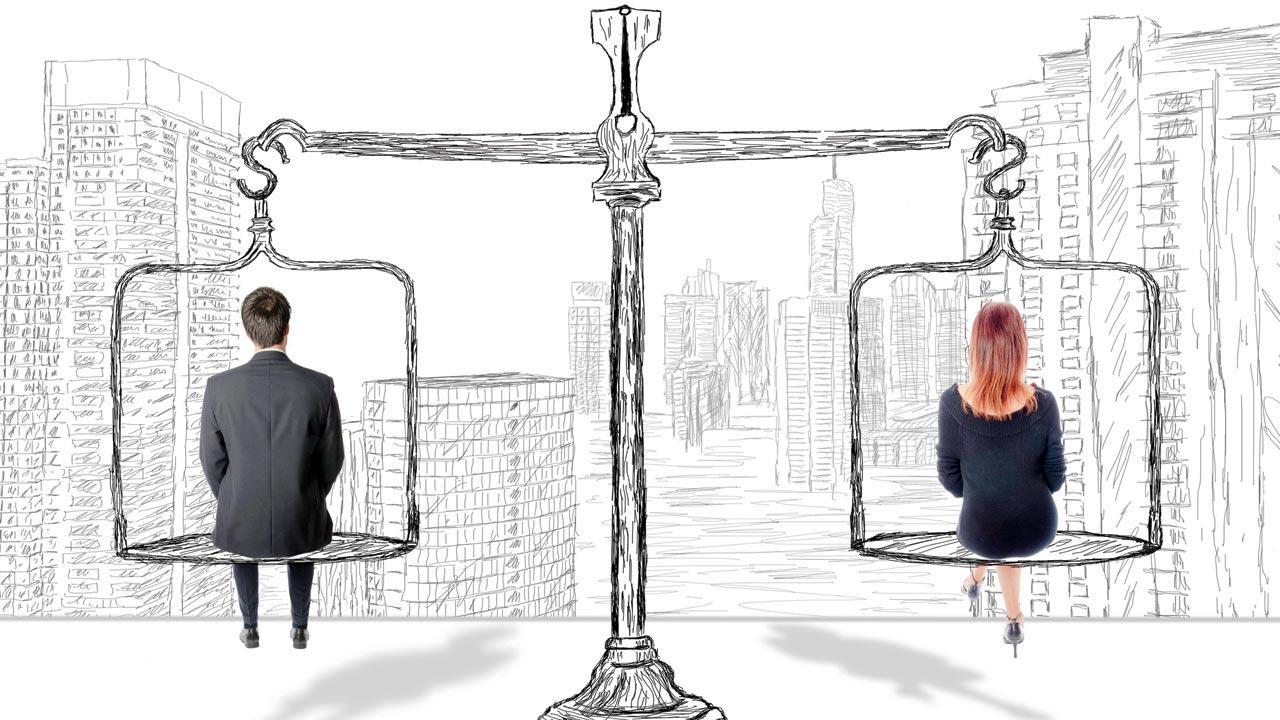A relationships writer interviews Indian men for an upcoming book, where she explores why women are still considered acquisitions and wonders when the guys will be ready for equal partnerships

Pic/iStock
It was towards the end of 2017, nearly a year before #MeToo became an enormous movement that swept through the metros of India—as rapidly as it had spread in the West—that Delhi-based writer Prachi Gangwani had an epiphany of sorts. As a writer for a women’s lifestyle magazine, where she covered the relationships and sex section, she was continuously interacting with women to get their thoughts on a variety of issues. “I realised that women from different cities, professions, and even at different stages in their relationships, had some common themes when it came to their struggles with the men in their lives,” she says. Because Gangwani has a background in psychology—she is a former practising family and couples counsellor—it was hard for her to not notice the patterns. She decided to interact with a cross section of men, only to realise that “men were not even thinking about the issues” that were driving most women up the wall. It’s then that she began contemplating penning a “dating guide for men”.
ADVERTISEMENT
“I had even started writing that book,” she recalls. Then #MeToo happened, and that drastically changed the tone of Gangwani’s work, and the quality of conversations she was having with her subjects. “Issues like gender roles, and consent weren’t really discussed before that. It brought it all to the mainstream. We now had a shared vocabulary, and men were more open to talk about it.”
 Prachi Gangwani. Pic/Nishad Alam
Prachi Gangwani. Pic/Nishad Alam
Her soon-to-release book, Dear Men: Masculinity and Modern Love in #MeToo India (Bloomsbury), through a series of exhaustive interviews with over 70 men and personal research, reveals how Indian men across ages navigate romantic relationships in a country that is still teetering on the cusp of the modern and traditional. The book will release on November 18.
In it, Gangwani explores the male entitlement paradox, how men deal with mental health issues, and their views on sex, live-in arrangements, marriage and fatherhood. But, the one thing that Gangwani is still unable to wrap her head around is their idea of dating. “It’s been quite a while since I wrote the book, but I must admit, that there are certain truths I am still processing and finding hard to stomach. Most men I interviewed subliminally look at women as accomplishments—as if they are something to be achieved.” That, she feels, has been the most difficult learning for her, while writing the book. Her subjects, she says, expected their partners to engage with their lives and social circle, and didn’t necessarily return the favour. “So, you [woman] are my partner, and I can pick you up, and take you wherever I want, but you can’t do the same with me. That’s how a man ends up inadvertently treating the woman like a handbag. It is of course, very frustrating for us women.”
The widest schism she feels, is between how men and women view partnerships. Women are seeking equality, companionship and friendship in relationships; not all men are quite there yet. “Very few men—even now—believe that they can or should have a true partnership with their female partner,” she says. “This one gentlemen I interviewed for the book, while talking about marriage, told me that ‘women have a biological clock, while men have a financial clock’.” It’s possibly why some men don’t marry for love, she analyses. “Some marry only after they reach a certain financial status. For them, the wife becomes someone they can afford, just like any other goal they have to achieve,” she says, adding, “Unfortunately, it’s a fact, and it is going to take a lot for us to undo it.”
Has #MeToo had a uniform impact on men? Not really, she feels. “Yes, I have had some men tell me that they feel ashamed and experienced a deep sense of regret [at reading and hearing of the widespread accounts of sexual harassment in the media] because they had no idea what women continue to go through. But, on the other hand, I have also had men who completely dismiss the movement and resent it, because they feel it has brought men and masculinity under the radar. They say that they don’t know who to be anymore.”
 Subscribe today by clicking the link and stay updated with the latest news!" Click here!
Subscribe today by clicking the link and stay updated with the latest news!" Click here!







